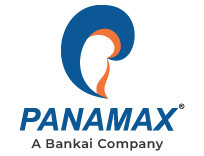The last decade was a game changer for the banking sector with increasing intervention of technology in everyday banking activities. Parallelly, doors were opened to one of the most secured transactional technology involving Blockchains. We are now witnessing coming together of FIs and Blockchain that has brought in cheer amongst the industry. What do we get with this combination? Digital Financial Solutions that ensure every transaction is fraud proof! In this blog we will talk about the way blockchain technology is penetrating the banking ecosystem through few commonly applied use cases.
What is Blockchain?
Blockchain can be described as a distributed ledger that is open to all the participants. It can also be referred to as a suite of distributed ledger technologies that can be programmed to record and track anything of value. It wouldn’t be an exaggeration to say that the Single Universal Ledger is the heart of blockchain.
One of the most important properties of blockchain is that it is immutable. This means that once some data has been recorded inside a blockchain, it cannot be changed. This is if the data stored in the ledger is to be edited, it would require major resource utilization which is rarely possible.
Blockchains in Banks
When we talk about a technology that is built on the fundamentals of storing records and transactions with high grade security, what instantly comes to our minds are the Financial Institutions, not limiting to banks. Today banks and other financial service providers are adopting the latest technologies in providing financial solutions such as online banking, mobile banking, e-KYC, Online Money transfer, etc. According to reports, currently 69 percent of banks are experimenting with blockchain technology to make their services more secure, seamless and transparent. Despite the positive scenario, we are still battling financial frauds involving false credit history, long and separate KYC processes of each bank, unavailability of consolidated blacklisted identities list, etc. To combat these menacing issues, the industry is now focusing on using blockchain technology for the financial platforms. We will now discuss some use cases which can be adopted to safeguard financial transactions starting from eKYC solutions to secured microcredit solutions to:
Reduction in Cost and Time Utilized in eKYC
1. Problem: Know your Customer (KYC) is one of the most essential processes that is involved in onboarding any client. In some countries, a simple KYC consumes more than 15 days accompanied with a risk of duplication of entries due to the manual processes. As per recent Thomson Reuters Survey, average bank spends more than 440 million US dollars a year on KYC Compliance.
Solution: Using Blockchain Ledger, personal identities of clients can be stored with the required documents. For instance, to open a bank account, the bank can take the limited unique KYC details from the client, put them into the ledger and run a smart contract to verify if the client is not registered with any other banks. If the same identity is verified by the smart contract, then all remaining KYC details can be fetched from the ledger itself. This will save time and resources for both banks and the customers.
Reduction in Lending Risk
1. Problem: As per a survey by India’s central bank RBI, more than Rs 71,000 Crore worth of bank frauds were detected in the Financial Year 2019. The number of fraud cases reported by Banks has increased by a staggering 15% in FY-2019. The data shows that it is imperative to reconsider the change required in the core i.e. the conventional ledger system.
Solution: A single universal ledger can replace the individual process-based system and multiple maintenance systems and all stakeholders can be the participants of this ledger. Each of these stakeholders can then authenticate any transaction/entry and pass this information block to all the other participants. This privately shared ledger can be shared and universal that can be used by all the banks for putting up customer data.
All the personal identities in this ledger, with required KYC essentials, transactions, loans, assets disclosed by the customers to bank, liabilities, amount maintained in the account and other such details of all the customers will be maintained by each participant bank. This privately shared ledger between the banks will work as the sole information for the complete financial and identity-based history of the bank customers.
2. Problem: Maximum cases of loan availability procedure by banks to any client are based on client’s credit score generated by the credit score provider companies.
Solution: A Blockchain based privately shared ledger can be implemented between the banks where all the participant banks can find the complete transaction, identity, assets, loan, liabilities, etc. history of any of its client. Through this consolidated data, a smart contract-based algorithm can be run to generate a credit score of a particular client that can help banks in providing safer loans.
There is no dearth of use cases when we talk about application of blockchain ledger in the banking domain. These can range from remittances, AML checks, blacklisting clients etc. collaboratively helping both banks and government. We will witness massive influx of blockchain based banking services as the new decade commences. Being a saviour for both FIs and customers, this is a welcome change in the otherwise traditional sector.


















